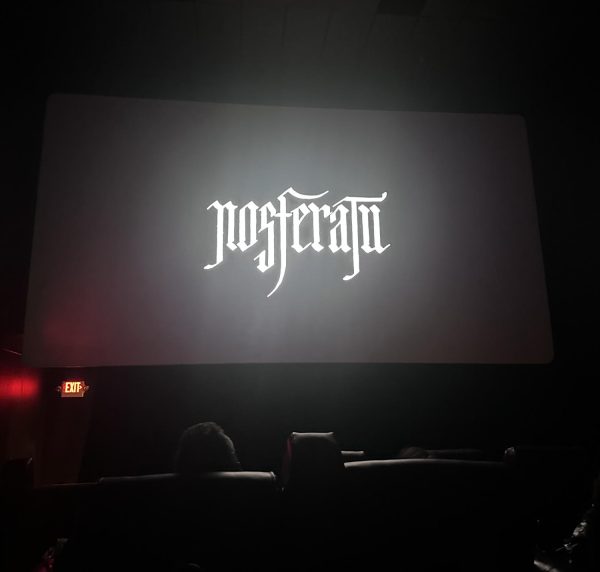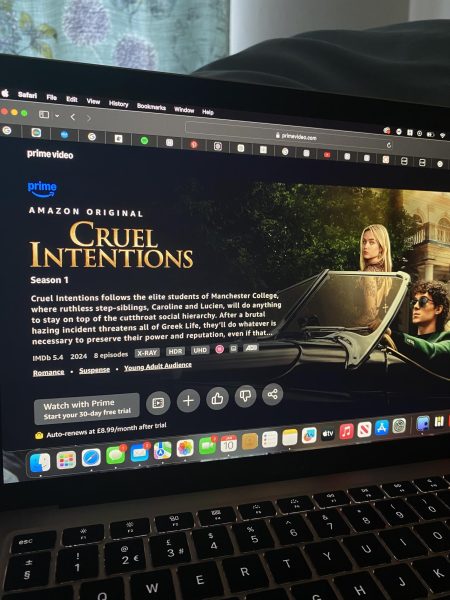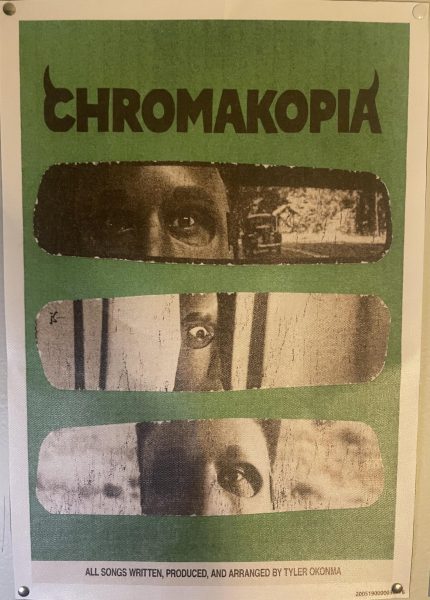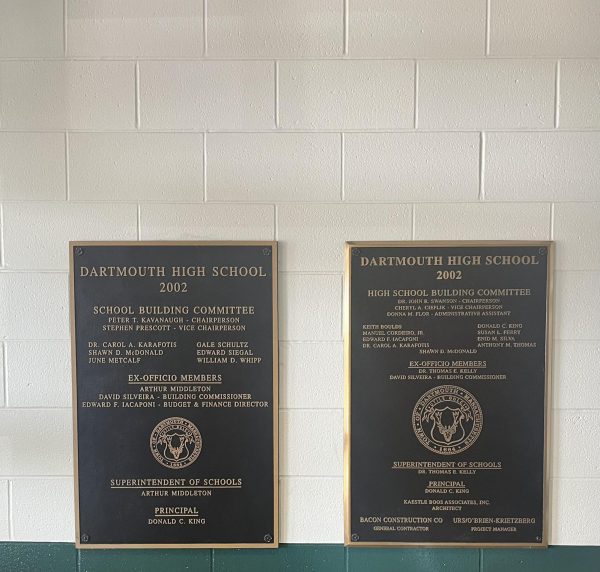Midnight Gospel Review
As a cartoon enjoyer with an undying love for the show Rick and Morty, discovering Midnight Gospel was an incredible gift. Rick and Morty is known for its dark humor and absurd storylines, pushing the limits of our imaginations, and creating an outlandish universe where anything and everything can happen. This includes taking every available opportunity to create comedic material out of any given situation. Weirdly enough, Rick and Morty was my comfort show for a while. It provided this ridiculous version of our world, taking away a lot of the limits we experience on a daily basis. A flu strain that turns a bunch of teenagers into a group of crazed praying mantises? Sure. A mad scientist who also happens to be a grandfather who is so tormented by his past choices and uncertain future that he turns himself into a pickle to avoid family therapy? Why not? Rick and Morty never failed to make me laugh, but also made me shake my head in response to how outside the box its writing style is.
Midnight Gospel takes this art of wackiness and elevates it to a level of education. Imagine a TED Talk channel dedicated to philosophy paired with a psychedelic and bubbly animation to add a layer of entertainment, this is Midnight Gospel in a nutshell. Podcasts are a fabulous creation. Instead of listening to the same 10 songs I’m currently obsessed with, I can take a break and get a run down of the day’s most important headlines (New York Times’s The Daily) or catch a glimpse of what it’s like to live in an imaginary town in the American South where paranormal happenings are a part of everyday life (one of my favorites, NightVale).
Midnight Gospel, when focusing solely on its dialogue, is a podcast at it’s core. Clancy, the voice of Duncan Trussell, has possession of a special AI that allows him to travel to different universes and interact with their inhabitants at any time he’d like, interviewing them for his space broadcast. Topics discussed range from pain management and meditation to accepting death and the cycle of life. Each adventure and new being that Clancy interviews is based on who Trussell wants to invite onto the show. Some guests featured in Season 1 include Anne Lamott, a novelist known for writing about personal hardship and overcoming addiction, along with David Nichtern, a Buddhist teacher and meditation guide.
The main aspect of Midnight Gospel that I truly appreciate and love is that it makes learning about complex and deep topics engaging. While at first glance it may seem like you’re watching two characters try to survive a zombie apocalypse, you’re actually listening to Drew Pinksy debate the medicinal use of cannabis. The show is the perfect piece of media to distract the hungry-for-constant-input part of your brain while also allowing you to tackle important topics in society. Entertaining with an easy-to-follow plotline and vibrant colors, educating with factual information and intelligent guests.
Along with Rick and Morty, I highly enjoyed Michael Pollan’s How to Change Your Mind docuseries on Netflix, a limited series dedicated to the scientific perspective on psychedelics and the power they hold in the medical community. A connection I made between Pollan’s journalistic journey and Midnight Gospel is this idea of a collective consciousness that we all share as a human race. Whether you’re an adult struggling with PTSD and admitting yourself to a European study using the microdosing of LSD to rewire your brain into processing grief and loss, or hearing a spiritual leader describe the out of body experience meditation can provide, the closing sentiment was the same. When we discuss the human mind and explore how we process emotions and the things that happen to us, the thing that saves us is having an open mind and understanding that we are but small particles in the universe, bits of energy existing and interacting with itself through the forms of other people and other things.
Midnight Gospel is a genius production worthy of everyone’s watch, despite the unfortunate fact that it was not renewed for a second season (was probably too eye opening for a main streaming service to allow). I promise that by the end of at least the second episode, you’ll find yourself asking questions about our world and your own life that you might’ve not thought about before.








